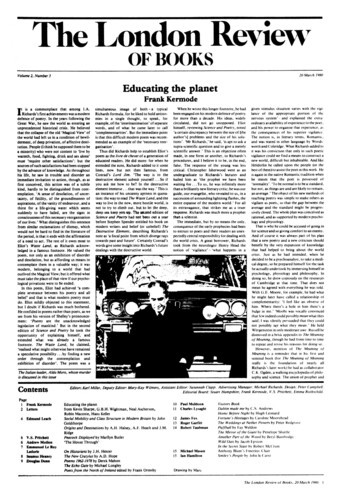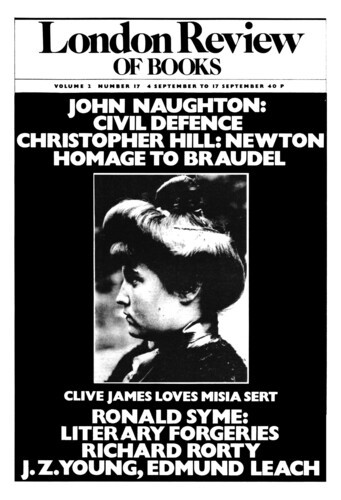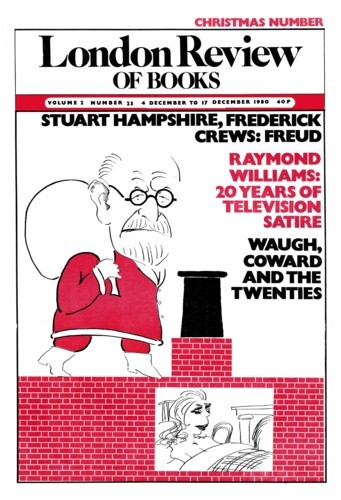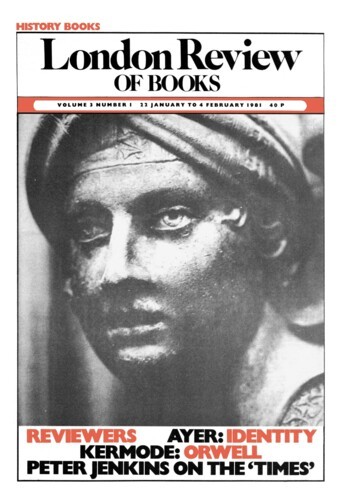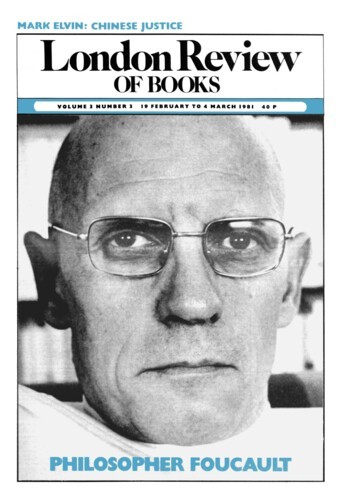Grand-scale massacres and mass suicide performed as a climax to religious observances were a feature of nearly all the ancient civilisations. The descriptions of such happenings, when reported in accounts of archaeological excavation, arouse astonishment but little else. We cannot share in the religious awe evoked by the original event; the mutilated skeletons generate no emotion; they could as well be logs of wood. And even in the last century, when the news of distant colonial disasters could take months or even years to filter back to the metropolis, the excitement which was sometimes generated by sacrificial forms of sudden death was more likely to be the result of political contrivance than a spontaneous response to shock. But what was formerly too remote is now all too close. When events of this sort occur in our own age, even in the most remote places, it is only a matter of hours before a lurid rehash of the story appears on the telly. Our sensibilities are then so numbed by horror (which is exacerbated by the current fashions of journalism) that most of us lose all sympathy with the human problems of the participants.
Grand-scale massacres and mass suicide performed as a climax to religious observances were a feature of nearly all the ancient civilisations. The descriptions of such happenings, when reported in...
